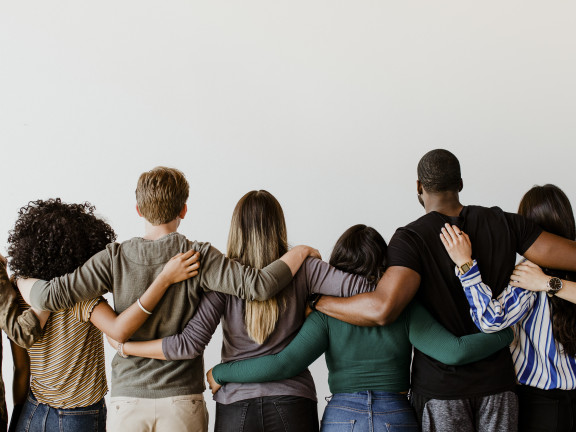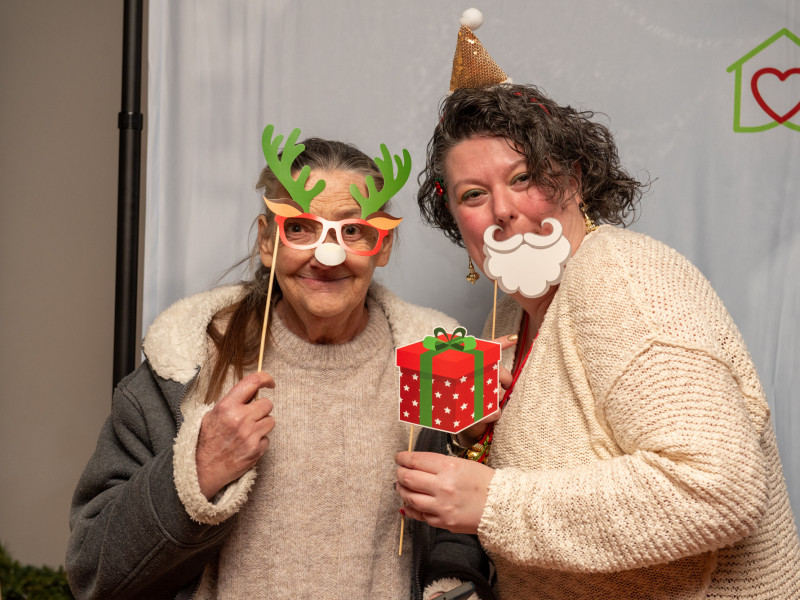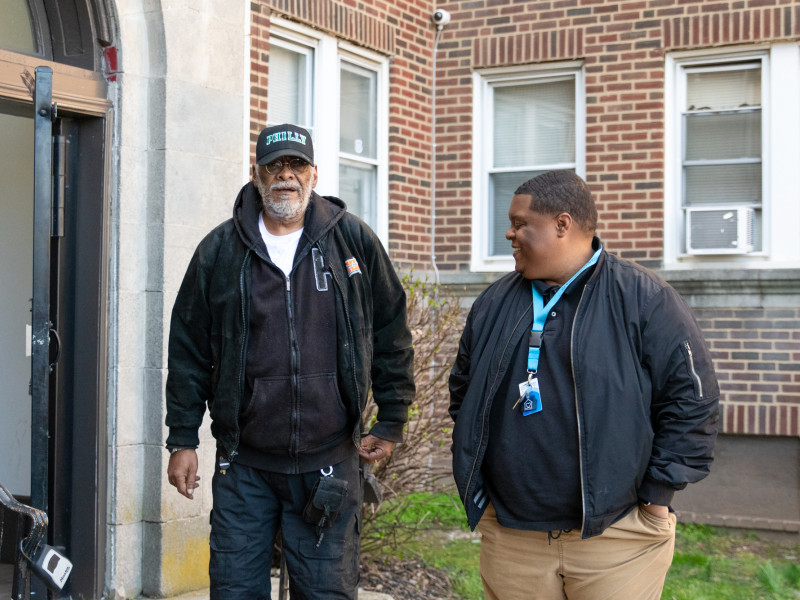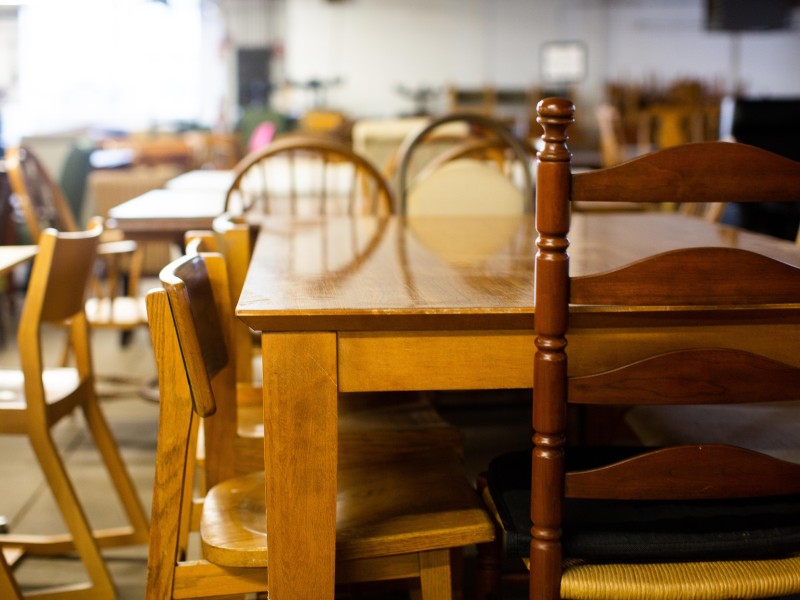Community Care in Practice

Community care feels like a big phrase. It sounds heavy or complicated, like something that requires perfect planning or endless energy. The truth is that community care starts small, on an individual level. Community care literally means “looking out for one another”. It starts with noticing someone, checking in, offering what you can, and showing up in ways that feel real. COVID kept many people isolated for a long time, and five years later, a lot of folks are still trying to rebuild their sense of connection. Small moments of care can help us come back together.
Small Acts of Care
Most acts of care are simple. You text a neighbor to see how they are doing. You share an extra bag of groceries. You help someone find a resource that can get them through a rough week. You volunteer a little time. You donate a coat or toiletries. Nothing over the top. Nothing that requires a huge budget or a ton of planning.
These small actions make a difference. They remind people that they are not alone. They also encourage others to pass the care forward. Over time, these little ripples create a larger community that is steady and supportive. The goal is building a community in which we all can care for each other when the systems built to support us fail.
Why Community Care Matters Now
A lot of us feel pressure to try and take everything on ourselves. Society often tells us that needing help is a personal failure. That “working harder” should fix everything and the “American dream” is wide open to anyone who tries. The reality is starkly different. Most of us are far closer to being homeless than we are to becoming millionaires, no matter how hard we work. At the end of the day, all we really have are each other.
In 2025, more people are struggling to meet basic needs. Grocery prices are increasing, rents keep rising, and social systems are stretched thin. Many households that were once stable are now one crisis away from losing that stability. In times like this, community care is essential.
It’s important to note that community care does not and should not replace policy work or long-term solutions. It often fills the gaps those systems leave behind. It also builds trust and resilience in our communities. When we care for each other, people are able to weather hardship with a small team behind them.
How to Take Part
These ‘acts of care’ do not need to be perfect, only genuine. Here are a few simple ways to contribute:
- Check on your neighbors, especially folks who live alone. If you don’t know your neighbors, being friendly is enough! Sometimes it can take time to build those relationships.
- Donate essentials to community pantries or mutual aid groups, if you’re able.
- Volunteer when your schedule allows, even if it is only once in a while.
- Share information, tools, or skills with someone who could use them.
- Support organizations that are doing hands-on work in your community.
Community care is something we build together. No single act will solve every challenge, yet each one builds a culture where people feel supported, valued, and connected. When we show up for one another in simple ways, we create a stronger future for all of us. If we want a world where everyone can thrive, care is one place we can start.
If you want to explore more about what community care looks like in everyday life, Mental Health America has a helpful overview:
Community Care | Mental Health America


